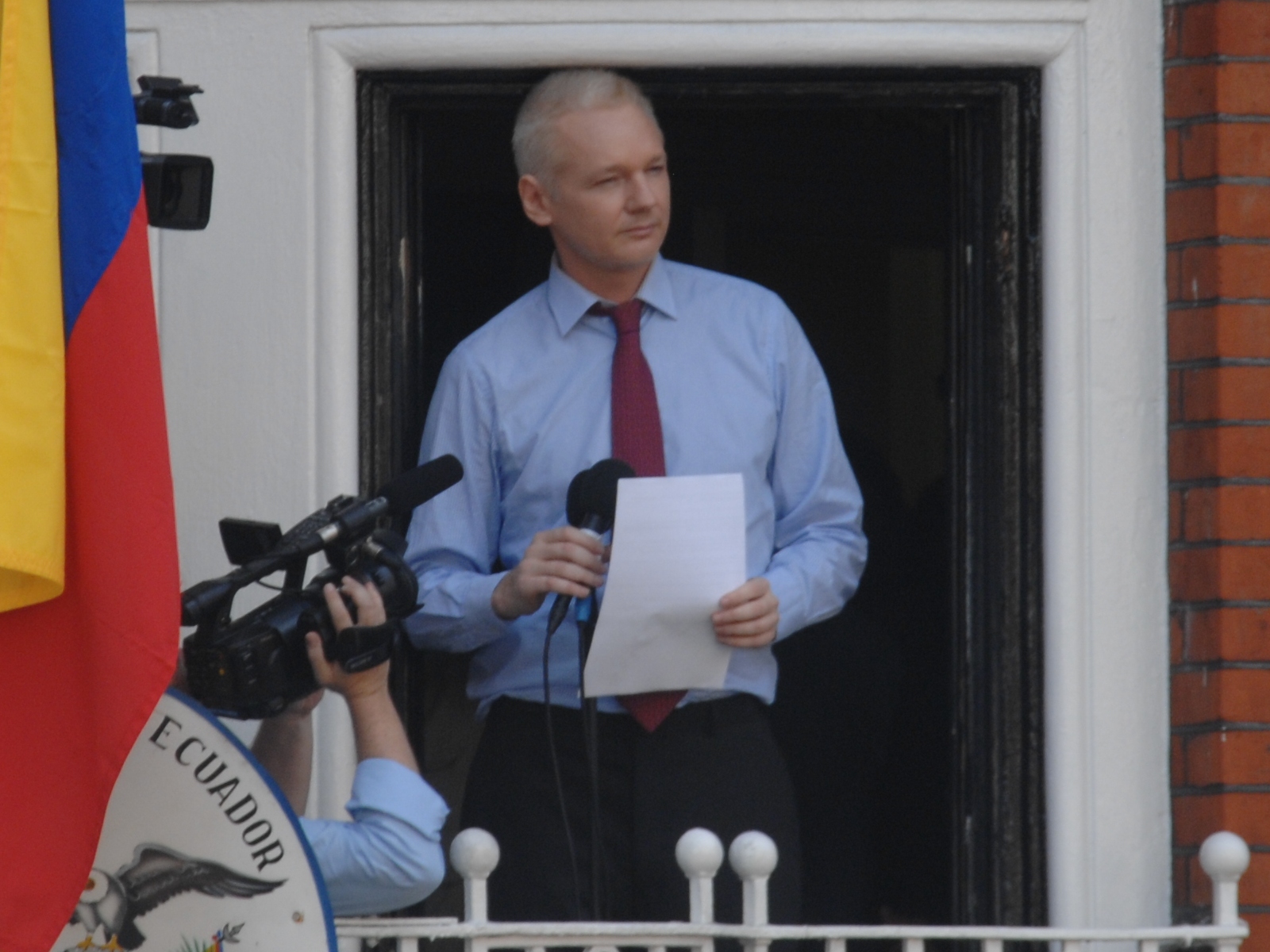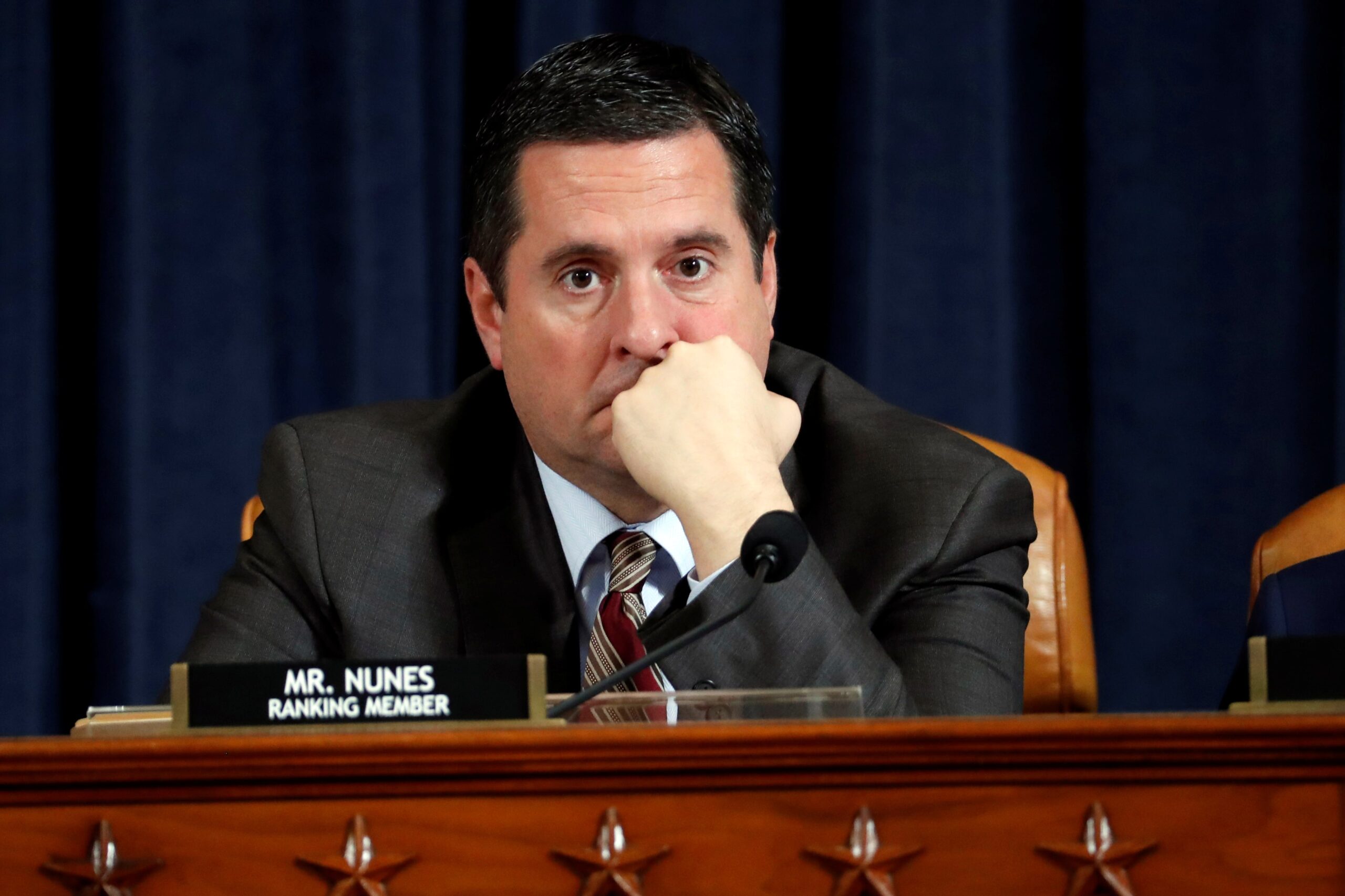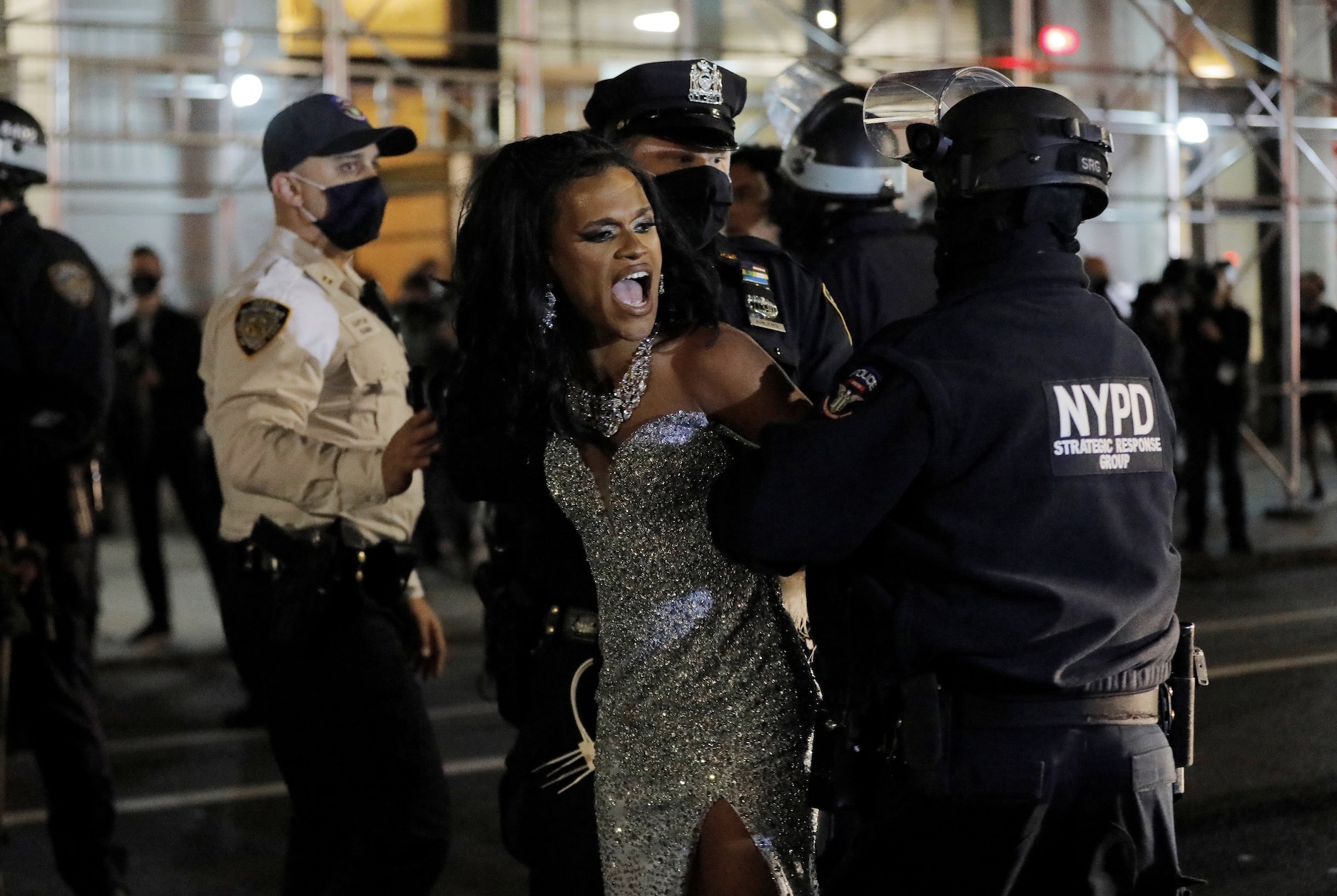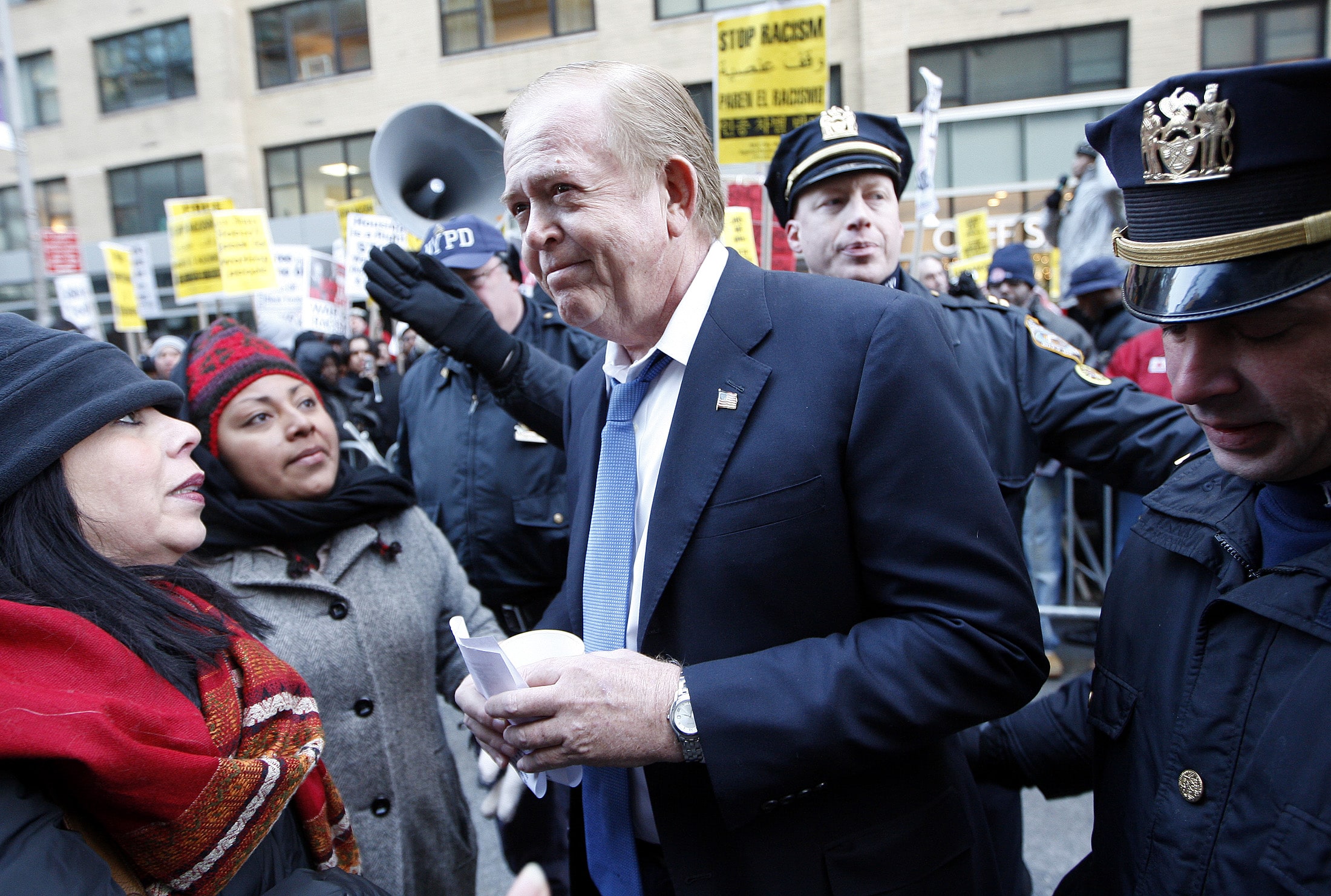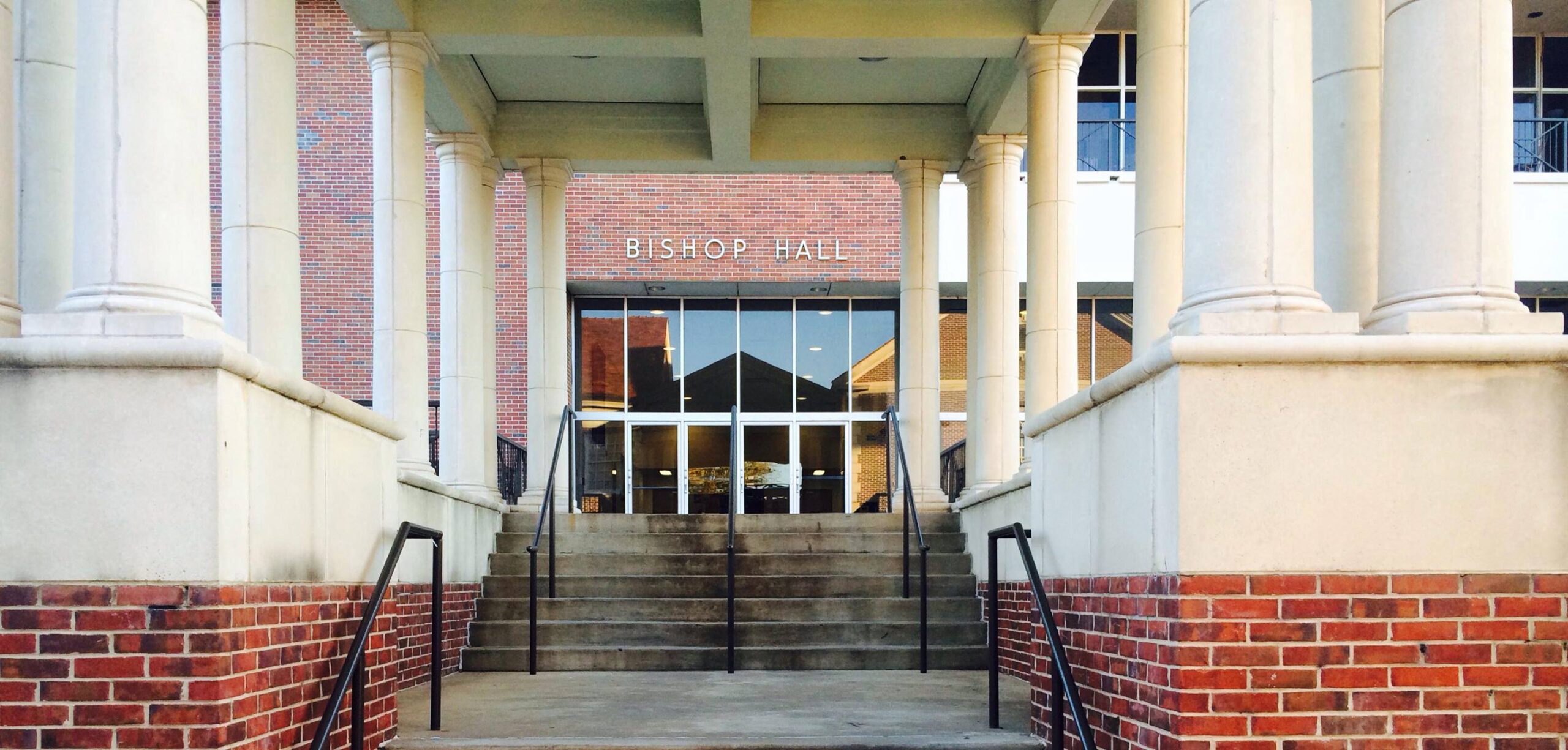Join First Amendment Watch for #FAWPublicForum, a Live Twitter Conversation
Join us for an online discussion on January 5 from 2-3 pm ET with Baltimore School of Law Professor Emeritus and author Garrett Epps who will answer questions about contemporary threats to people’s assembly rights.
ICYMI: First Amendment Stories That Broke Over the 2020 Holidays
A federal judge in Virginia dismissed one of Rep. Devin Nunes' (R-CA) defamation suits against The Washington Post, the Federal Aviation Agency released long-awaited drone guidelines, a British judge rejected the U.S. government's request to extradite Wikileaks founder Julian Assange, and more.
UK Judge Refuses to Extradite Julian Assange to the U.S. to Face Espionage Charges
A British judge refused the United State’s request to extradite WikiLeaks founder Julian Assange after finding there was a “substantial” risk that he would harm himself. “I am satisfied that, in these harsh conditions, Mr. Assange’s mental health would deteriorate, causing him to commit suicide with the single-minded determination of his autism spectrum disorder,” District Judge Vanessa Baraitser said in a ruling released on January 4th.
Federal Judge Dismisses Nunes’s $250 Million Defamation Suit Against The Washington Post
On December 24, 2020, a federal judge dismissed a $250 million defamation lawsuit against The Washington Post that was filed earlier in the year by Rep. Devin Nunes (R-CA). The suit, filed on March 3, 2020 in the U.S. District Court for the Eastern District of Virginia, alleges that Nunes was defamed in a Post article that referred to a conversation Nunes had with President Donald Trump about an intelligence briefing.
Dominion Employee Sues Trump Campaign and Others for Defamation
On December 22nd, Eric Coomer, the Director of Product Strategy and Security for Dominion Voting Systems, filed a suit against President Donald Trump’s campaign, podcast host Joseph Oltmann, Trump’s personal lawyers Rudy Guiliani and Sidney Powell, conservative news outlets One American News Network (OANN) and Newsmax, and others, for defamation and inflicting emotional distress.
Investigation into NYPD’s Response to George Floyd Protests Found Officers Violated First Amendment
A new report found that NYPD officers deployed during the George Floyd protests this summer "failed to discriminate between lawful, peaceful protesters and unlawful actors,” and frequently resorted to aggressive crowd control tactics that failed to adequately take protesters' expressive rights into consideration.
Voting Technology Company Demands Conservative Networks Retract Election Fraud Claims
From the moment the 2020 presidential election was called in favor of Joe Biden, three prominent conservative cable companies, Fox News, One America News Network (OANN), and Newsmax have repeatedly questioned the accuracy of the results. Now Smartmatic, a voting technology company, is threatening to sue the networks for false claims they published or republished about its product.
More than a thousand professors and graduate students have pledged not to speak at the University of Mississippi (Ole Miss) until the administration provides a “full and transparent” account of the events that led to the firing of Garrett Felber, a well-regarded history professor.

